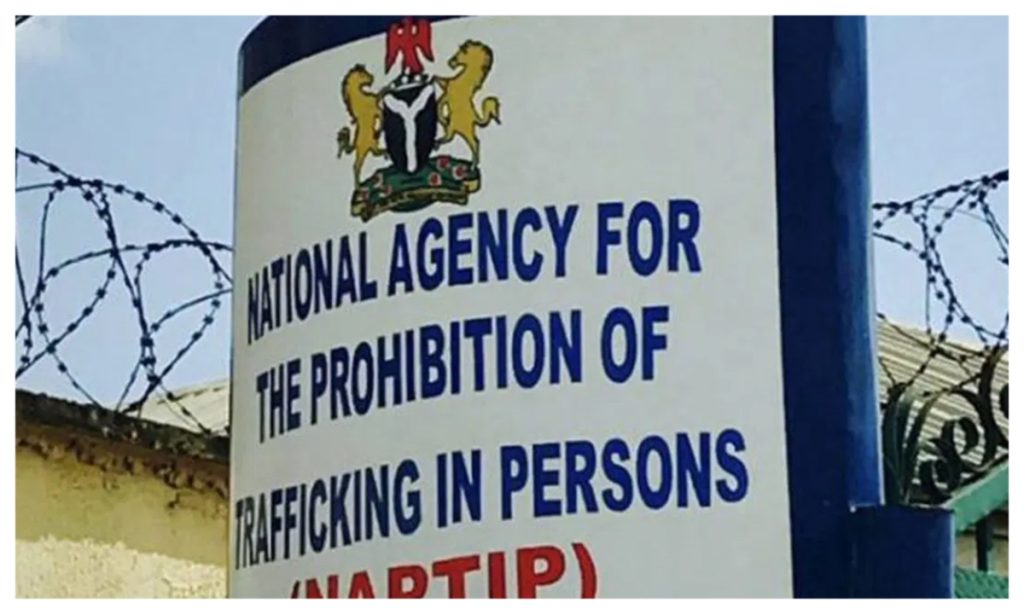Zimbabwe’s Parliament has endorsed the expulsion of Citizens Coalition for Change (CCC) lawmakers who were removed from the National Assembly by the self-proclaimed interim Secretary General (SG) Sengezo Tshabangu, despite a High Court interdict attempting to halt the process being deemed ineffective by Speaker Jacob Mudenda.
In Tshabangu’s latest display of authority within the opposition, a total of 13 Members of Parliament and five senators, including prominent figures such as Amos Chibaya and deputy spokesperson Ostallos Siziba, were recalled even before the High Court issued an interim interdict pending a case before it.
The CCC had turned to the High Court in an effort to prevent Tshabangu from recalling its MPs, a move that has led to the expulsion of over 30 legislators. Mudenda, however, noted on Tuesday that the High Court interdict would take precedence over the recalls once his office had been formally notified.
Addressing the house on Wednesday, CCC chief whip Clifford Hlatshwayo urged Mudenda to reverse the recalls, emphasizing the court’s judgment prohibiting further expulsions by Tshabangu.
“Yesterday, you informed the house that you had received a letter from one Tshabangu illegitimately recalling CCC MPs. We alerted you, Mr. Speaker, that there was a court process underway, and a verdict was reached to halt any recalls initiated by Tshabangu. You assured the house that you would reinstate the CCC MPs after receiving that judgment. We understand that you have now received the judgment and we expect you to fulfill your promise to reinstate the unlawfully recalled members,” Hlatshwayo stated.
In response, Mudenda contended that the interim court relief did not impact the recalls made on Tuesday. “The court issued an interim relief after I had made the announcement. The delivery of that relief was made subsequent to the announcement. The notice of the recalls is effective from the date of the letter, which was the seventh,” Mudenda explained.
These recent developments illustrate the intensifying political turmoil within Zimbabwe, as the CCC endeavors to protect its parliamentary representation in the face of internal power struggles and legal battles.
Overall, Parliament’s decision to uphold the recalls has raised concerns about the stability of the political landscape and the implications for democratic governance, as the CCC continues to contest the legitimacy of the expulsions amidst ongoing legal challenges.
This ongoing saga underscores the volatile nature of Zimbabwe’s political sphere and the far-reaching consequences of internal rifts within opposition parties, casting a shadow over the country’s political future.



